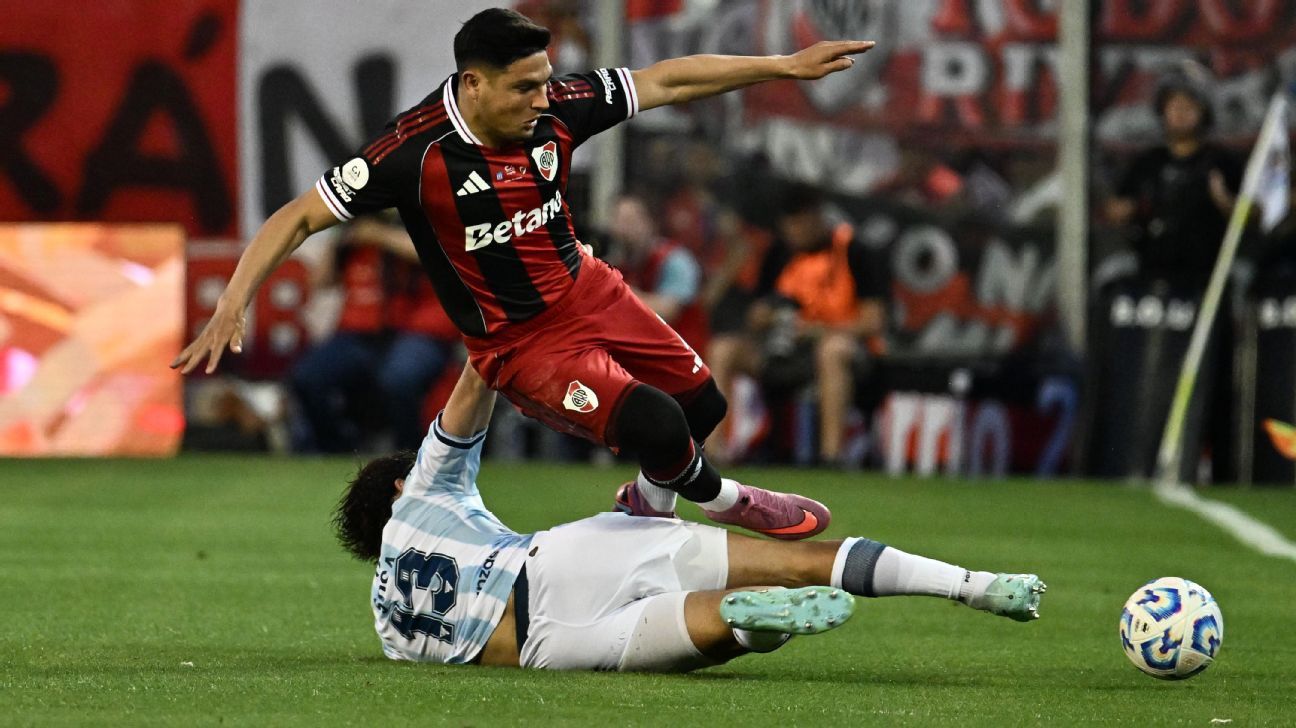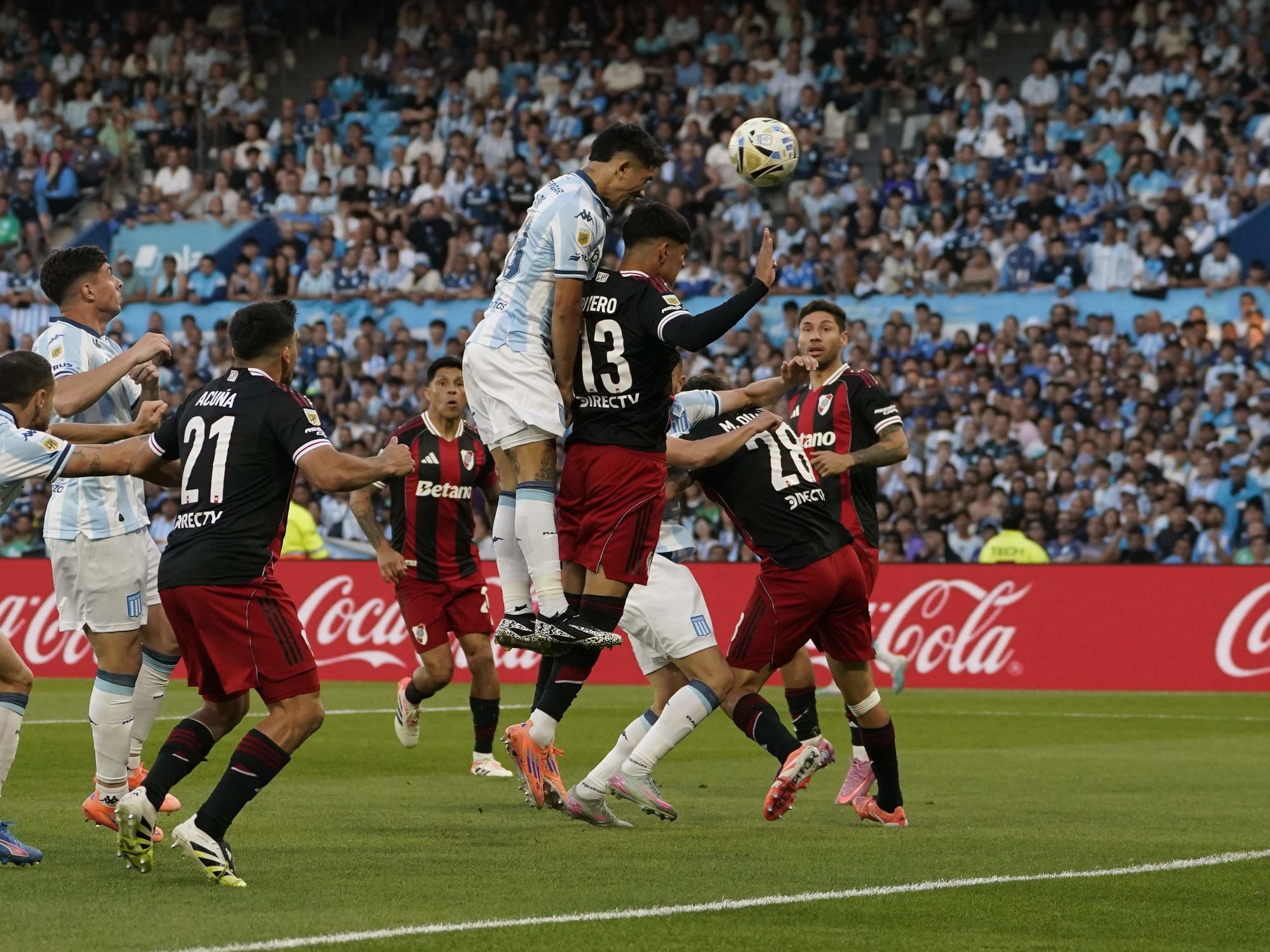The Official Story (The Lie They Feed You)
Listen to the broadcast, read the headlines. What will they tell you? They’ll spin a beautiful yarn about history, passion, and legacy. They’ll call it “El Clásico más antiguo,” the oldest derby. You’ll see slow-motion montages of goals from the 1960s, set to some soaring orchestral music meant to make you feel something profound. They want you to believe this is pure. A clash of titans. A festival of football.
They will talk about the tactical genius of the managers, framing it like a grand chess match between two masterminds who have spent sleepless nights devising the perfect strategy to unlock the other’s defense. The narrative will focus on the star players, the marquee names who sell jerseys and command exorbitant salaries. They are the heroes of this story, the protagonists in this neatly packaged drama produced for your consumption. The cameras will zoom in on their faces during the anthem, capturing a single, stoic tear as a symbol of their profound love for the badge on their chest.
And of course, they’ll talk about Maxi Salas. His “emotional return” to the Cilindro. It’s the perfect subplot, isn’t it? A ready-made story of a player facing his old club, his old fans. Will they applaud him? Will they jeer? The commentators will speculate with faux-seriousness, treating it like a pivotal moment in a Shakespearean tragedy. It’s all part of the show, a carefully constructed piece of theater designed to distract you from what’s really happening behind the curtain.
They sell you a 90-minute escape. A simple story of us versus them, win or lose. A meritocracy where the best team on the day prevails. It’s clean. It’s simple. It’s a complete and utter fabrication.
The Fan ‘Experience’… As Sold by a Marketing Department
They’ll show you the fans, too. But only the sanitized version. The families with their faces painted, the kids sitting on their fathers’ shoulders, waving little plastic flags. They’ll capture the roar of the crowd at a goal and call it “the passion of South American football,” as if it can be bottled and sold like a soft drink. It’s a commercial. A highlight reel. It’s the version of reality that the league’s corporate sponsors sign off on, the one that looks good in a promotional video for the next TV rights deal. They present a utopia of sporting competition. A fairy tale.
The Raw, Unfiltered Truth (The Reality They Hide)
Now, let’s kill the house lights and talk about what this game actually is. This isn’t a festival. It’s a knife fight in a phone booth for the last remaining life raft. This octavos de final isn’t a stepping stone to glory; for one of these teams, it’s a financial and political guillotine. The entire season, the manager’s job, millions of dollars in prize money and sponsorships, and the fragile egos of the club presidents are all on the line. This is desperation, not sport.
Let’s talk about the “tactical genius.” The truth is, both managers are probably one bad result away from being publicly crucified by the press and fired via a cold, sterile press release. They aren’t sleeping because they’re terrified. Terrified of a bad bounce, a stupid red card, or a VAR decision cooked up by some incompetent official in a booth hundreds of miles away. Their “brilliant” tactics are often just desperate gambles to save their own skin for another week. Nothing more.
And the players? The heroes? Some are just passing through, their agents already negotiating their next move to a mid-table club in Europe before the season even ends. This badge they supposedly cry for? For many, it’s just a temporary logo on a jersey that helps them build their brand. They’re assets. Commodities. Their loyalty extends as far as their last contract negotiation. They feel the pressure, alright, but it’s not the romantic pressure of history; it’s the cold, hard pressure of knowing their market value plummets with every loss in a knockout stage. This is a job.
Maxi Salas: The Pawn in the Center of the Board
Oh, the Maxi Salas saga. The “emotional return.” Give me a break. You think he’s worried about applause? He’s worried about a career-ending tackle from a former teammate who feels betrayed. He’s worried about the bile and vitriol from the ‘barras bravas’ (the organized fan gangs that hold more power than the club’s board of directors). They don’t see a former player; they see a traitor, a mercenary who left for a rival. His return isn’t a storyline; it’s a security risk. The narrative the media spins is a joke. The reality is a young man walking into a cauldron of genuine hate, fueled by a sense of abandonment that the TV commentators could never comprehend. They’ll talk about the game. The fans are thinking about something else entirely.
Behind the Roar: A System Built on Rot
And those passionate fans? Let’s be real. That raw, beautiful energy is exploited by a corrupt system. The clubs are drowning in debt, propped up by shady political deals and broadcast rights that funnel money upwards, away from the infrastructure and into the pockets of the executives at the AFA (Argentine Football Association). This entire tournament, this whole league, is a facade. It’s a content farm for European super-clubs to scout and poach the next wonderkid for a fraction of his future worth. The clubs sell their best talent—their future—just to make payroll for the next six months. It’s a cycle of self-destruction, and games like this are just the public spectacle that distracts from the slow-motion collapse.
This match isn’t happening in a vacuum. It’s happening in an Argentina teetering on the edge, where football is one of the last remaining opiates for the masses. The result of this game will dictate the mood of entire neighborhoods for the next week. A win is a temporary reprieve from reality. A loss? It’s another crack in a foundation that’s already crumbling. So when you watch Racing vs. River, don’t fall for the orchestral music and the slow-motion replays. You’re not watching a sport. You’re watching a symptom of a much larger disease. You’re watching a beautiful, chaotic, and utterly broken thing. And the truth is, that’s far more compelling than the lie they’re trying to sell you.


